Today’s major societal challenges requires us to unite and connect. Sustainability, social inequality, diversity and digitalization require self-organization and a stronger local economy. Smaller connections are important to meet these challenges democratically and in solidarity. The call for a different economy is heard everywhere: what kind of economy do we actually want? At the same time, a new economy movement is emerging, in which initiatives and businesses are flourishing that are democratic in ownership and governance, and create value for the neighborhood or region. The democratic and collaborative model of the commons is often an inspiration for this.
It is high time that governments, knowledge institutions and civil society join forces to drive this sector forward. That is why today, a broad coalition of civil society organizations in Amsterdam is launching the Start Coalition to Build the Incubator for the Community Economy.
New models of collective organisation are emerging everywhere, such as energy co-ops and housing co-ops, or innovative practices in healthcare and in the neighborhood. Elsewhere, we see alternative business forms emerging to challenge the power of big tech companies in the form of platform co-ops. In these organizations, common goals and values are linked to economic and social issues. The community economy incubator will help citizens, entrepreneurs and institutions unite for this purpose.
Currently, there is a lot of activity around the new economy, which is more democratic and more collective. In science, business, politics, and in SMEs, the need is felt for new forms of organizing. Models such as the cooperative, holocracy, sociocracy, and worker ownership are re-emerging. There are many successful initiatives on a local scale, such as neighborhood co-ops. Experiments are also being conducted with credit unions, bread funds and social impact bonds.
The emancipatory effect is central to all these initiatives. The neighborhood itself takes responsibility for the products and services it needs. Things are often organized decentrally and, in addition to economic needs, much attention is paid to social and societal issues. But initiatives come up against obstacles: the institutional frameworks are not yet geared up for this and there is a lack of knowledge about collective processes, financing, technical and legal possibilities and best practices, for example. It is necessary to support these initiatives and give the sector a boost. That is why we are setting up the Incubator for the Community Economy.
We work with the following principles:
-the incubator works with initiatives that want to democratize their organizational model. This involves democratized ownership and governance.
-the incubator works with initiatives that want to make their business model social and regenerative, rather than profit-driven and extractive.
-the incubator works with initiatives that create value for the local and for the community in their organizational model and in their business model.
In doing so, we focus on many different forms of community economy in the city, including neighborhood commons, energy co-ops, and new citywide enterprises. The legal form of these partnerships is important, but can take different forms provided they meet the principles. In the incubator we work together and it is about mutual learning. First and foremost, it is about a socio-cultural change and thus change of direction in what kind of economy we are driving: one that serves the community. The incubator will be a Public-Civic Partnership: communities and civil society organizations will pull the cart but the government will also have its own role.
We are committed to this and are now getting to work. Hopefully also with you!
Commons Network
HvA- Center for Economic Transformation
Kaskantine
02025 – Oranje Energie
Ru Paré
StadmakersCoöperatie
Waag
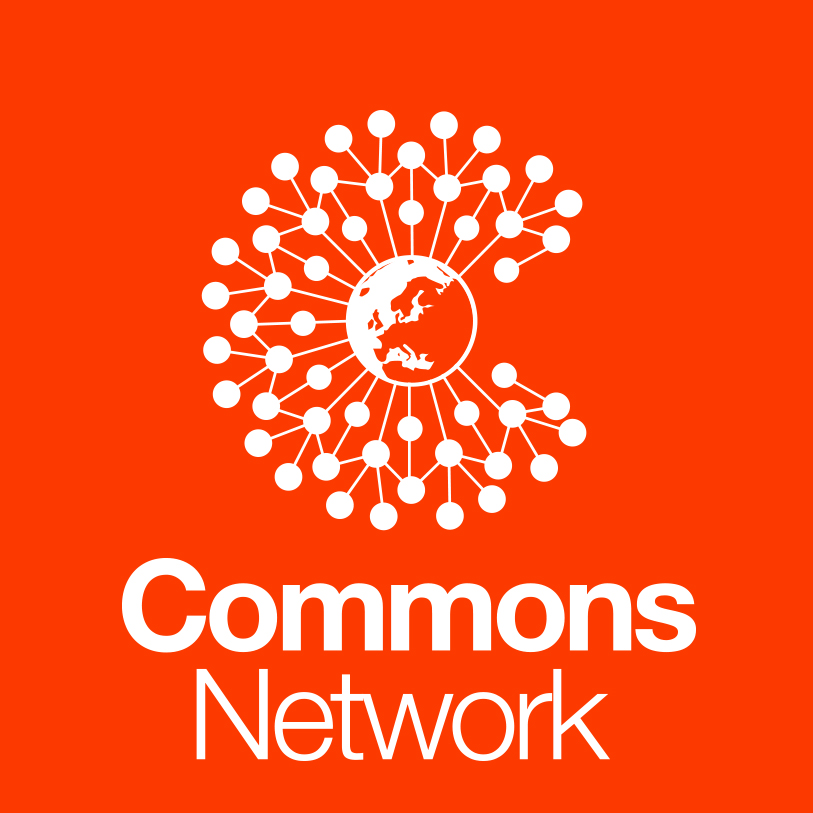
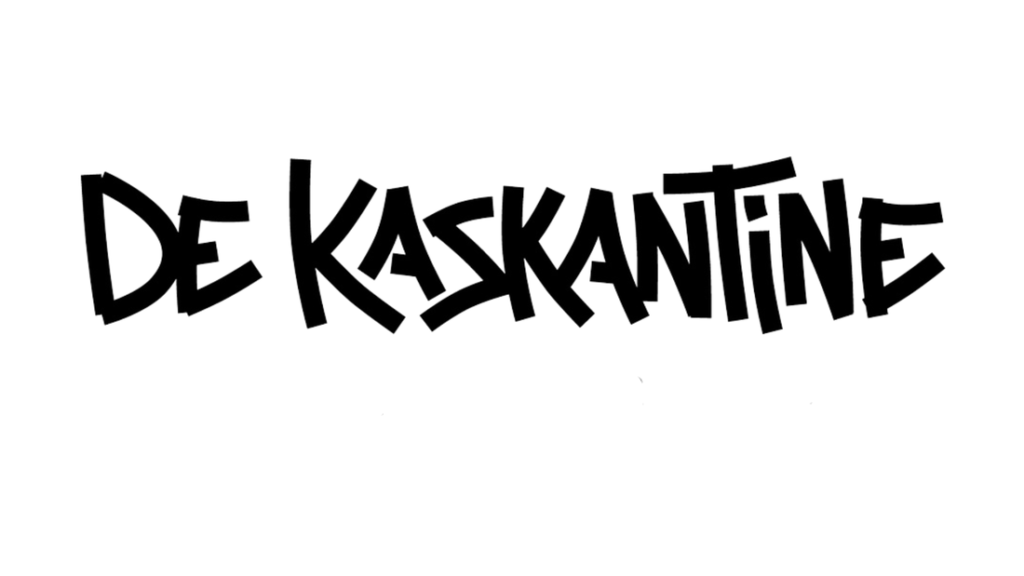
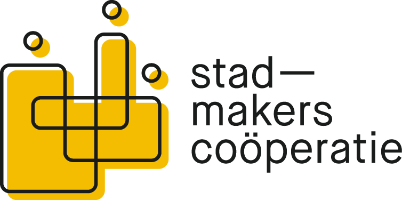

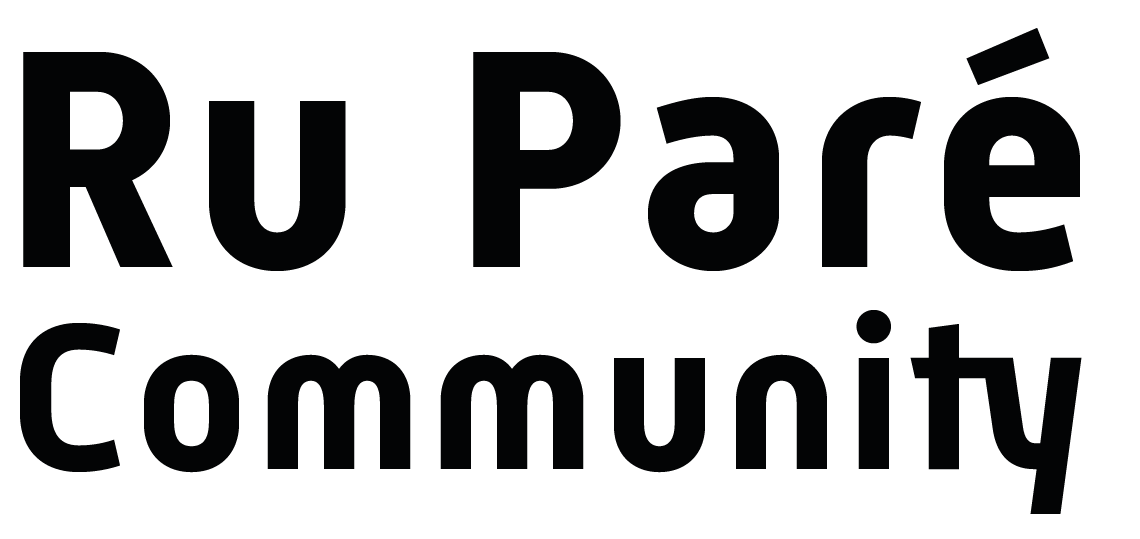

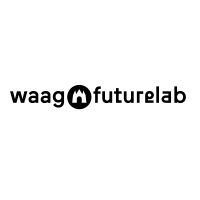
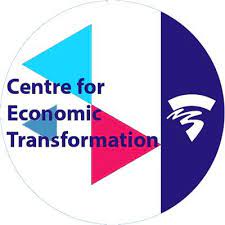

 ☰
☰